Did you ever wonder where the phrase “pay attention” came from? It could have emerged as “pay the cost of some mental energy into giving attention to something”. For most people, that is not a difficult task to accomplish but for many, especially young children, it can be an extremely frustrating thing to ask. It is a well-established fact that attention disorders are on the rise. What is less well established is how best to approach treatment.
Attention deficit / hyperactivity disorder (ADHD) is the most commonly diagnosed behavioral disorder of childhood, estimated to affect between 3% and 5% of school-aged children.
The core symptoms of ADHD include inattention, hyperactivity, and impulsivity. Although many people occasionally have difficulty sitting still, paying attention, or controlling impulsive behavior, these behaviors are so persistent in people with ADHD that they interfere with daily life. Generally, these symptoms appear before the age of 7 years and cause significant functional problems at home, in school, and in various social settings. One- to two-thirds of all children with ADHD (somewhere between 1% and 6% of the general population) continue to exhibit ADHD symptoms into adult life.
Numerous factors such as diet, allergies, toxicities, genetics, environment, brain chemistry, and other factors have been shown to play a role. As a result, treatment options vary greatly. My preference is to start with a nutritional approach that would include diet and dietary supplements and would address things such as nutritional deficiencies rather than just addressing behavior.
Often times an unhealthy diet lacking nutrients and loaded with allergens can be a source of the problem which leads me to recommend the modified elimination diet. It eliminates the most allergenic foods from our diet including; sugar, wheat, eggs, dairy and corn. If food is an issue, most patients see a marked improvement within 2 to 3 weeks of implementing the diet. I realize that this can be a major over haul for many and maybe not even possible but it is an option.
When looking at supplements, I like to start foundationally, and that’s with health fats, especially the brain healthy omega-3 fatty acids, EPA and DHA. It only makes sense, especially considering the brain is approximately 60 percent fat. Deficiencies of omega-3 fatty acids have been linked to a number of developmental and learning problems, including ADHD. This has led researchers to investigate whether supplementing with healthy lipids might ameliorate some of these problems.
Magnesium is an often over looked nutrient in children. Symptoms of magnesium deficiency include irritability, decreased attention span, and mental confusion. Mild magnesium deficiency is not uncommon in normally nourished children, and some experts believe that children with ADHD may be exhibiting the effects of mild magnesium deficiency.
In one study of 116 children with ADHD, 95% were magnesium deficient. In a separate study, 75 magnesium-deficient children with ADHD were randomly assigned to receive magnesium supplements in addition to standard treatment or standard treatment alone for 6 months. Those who received magnesium demonstrated a significant improvement in behavior, whereas the control group exhibited worsening behavior.
Adequate levels of vitamin B6 (pyridoxine) are required for normal brain development and are essential for the synthesis of essential brain chemicals including serotonin, dopamine, and norepinephrine. A preliminary study found that pyridoxine was slightly more effective than methylphenidate (the most commonly used stimulant) in improving behavior among hyperactive children.
Zinc regulates the activity of neurotransmitters, fatty acids, and melatonin, all of which are related to the biology of behavior. Two separate studies found that children with ADHD have significantly lower blood zinc levels than children without ADHD. Another study indicated that ADHD children with mild zinc deficiency may be less likely to improve from a commonly prescribed stimulant than children with adequate zinc levels.
Taking a good multivitamin is always helpful to fill in the gaps created from our diet, but it can also provide necessary B6 and zinc if a deficiency in one of those is leading to attention issues.
Although melatonin supplementation probably has no direct effect on the primary symptoms of ADHD, it may be effective in managing sleep cycle disturbances in children with a variety of developmental disorders, including ADHD.
If you are currently taking medications, the above recommendations are options that can be used in conjunction with the current medical care you are receiving from your practitioner. They are non-toxic options that can easily be implemented with your current treatment protocol.
Please stop in or call the pharmacy if you would like further information on ways to naturally help with attention disorders. Until next time, be vigilant about your health!!
VISIT US
HOURS
HOURS
CONTACT US
Fax #: (701) 483-4926


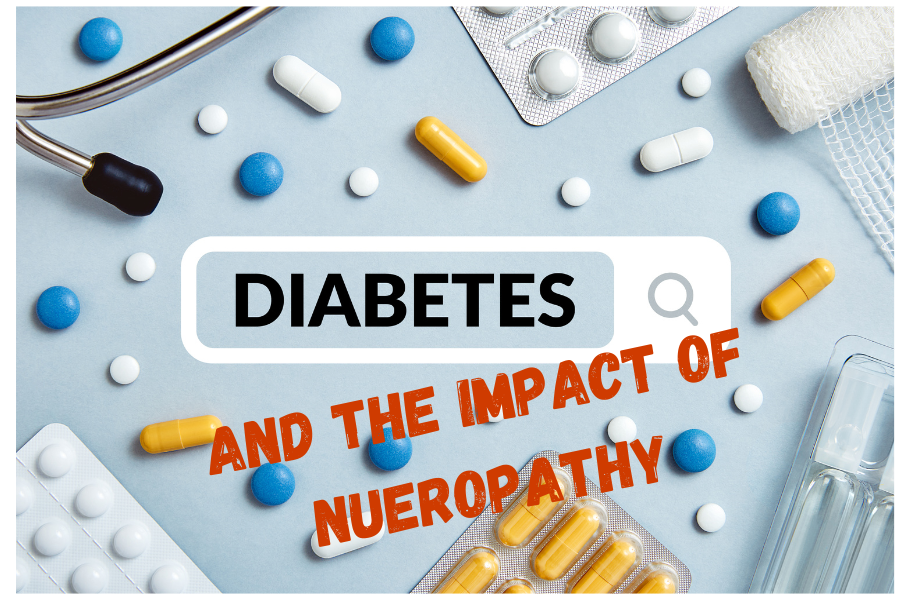

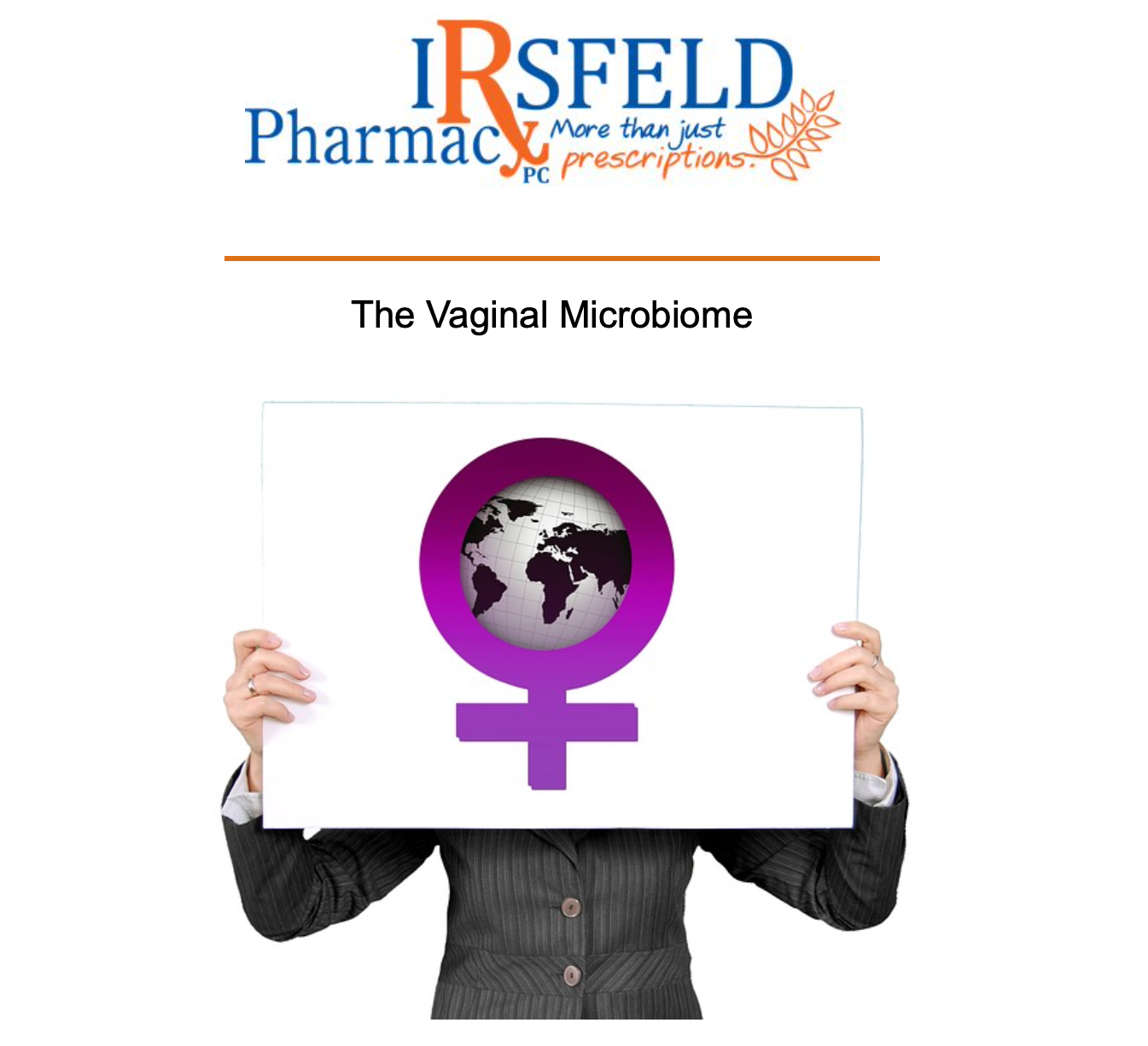
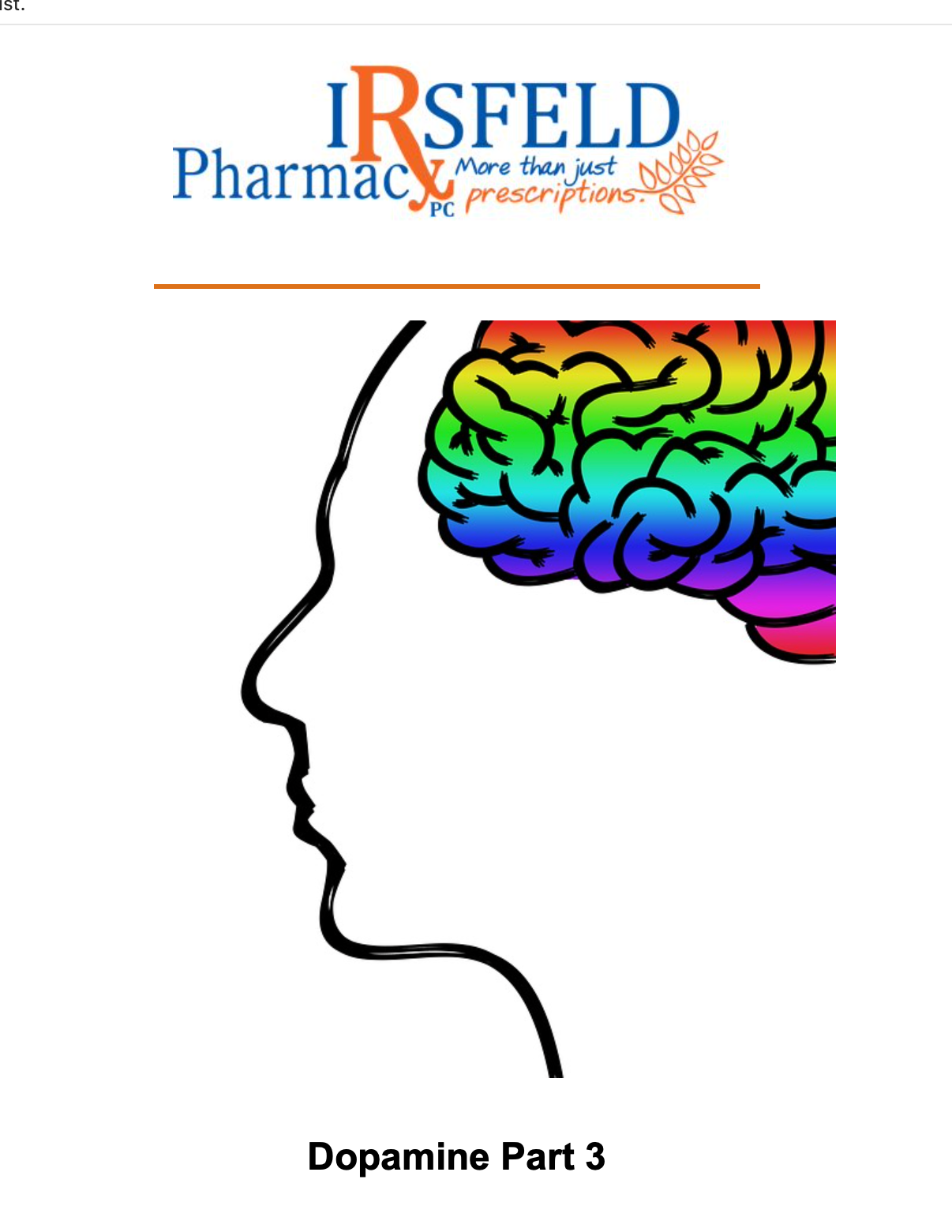
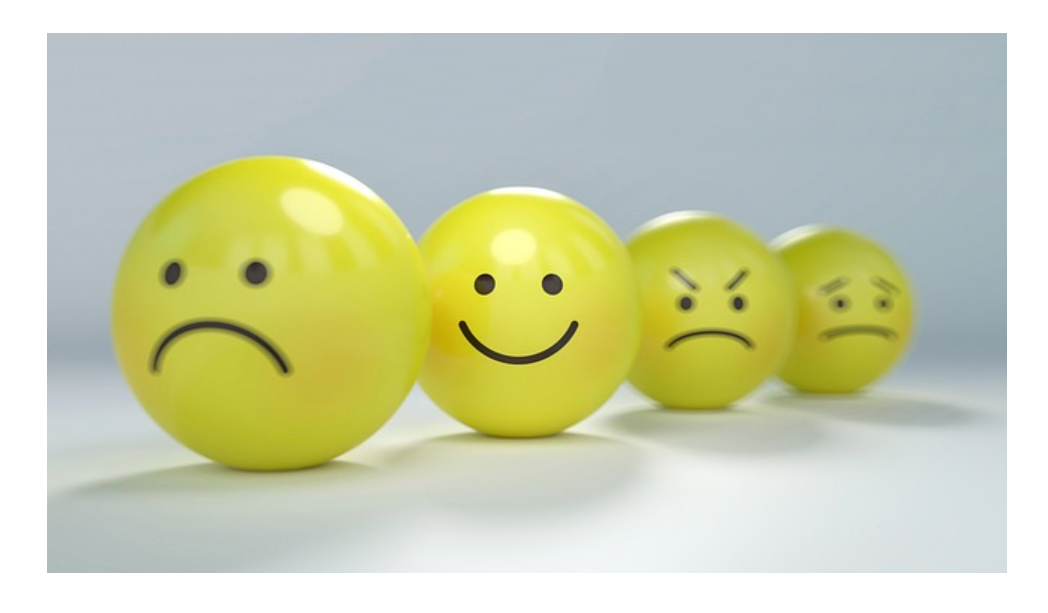
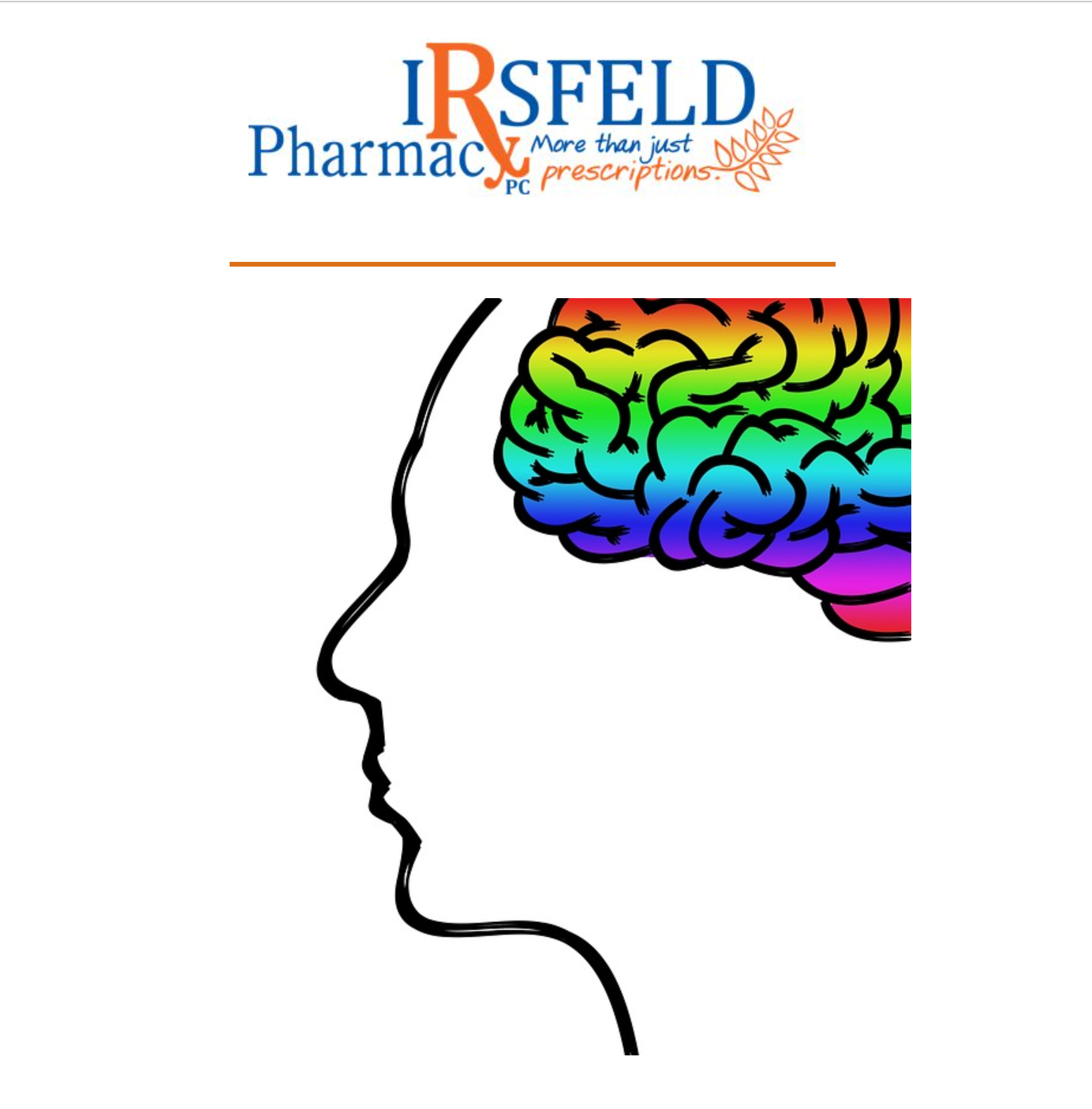
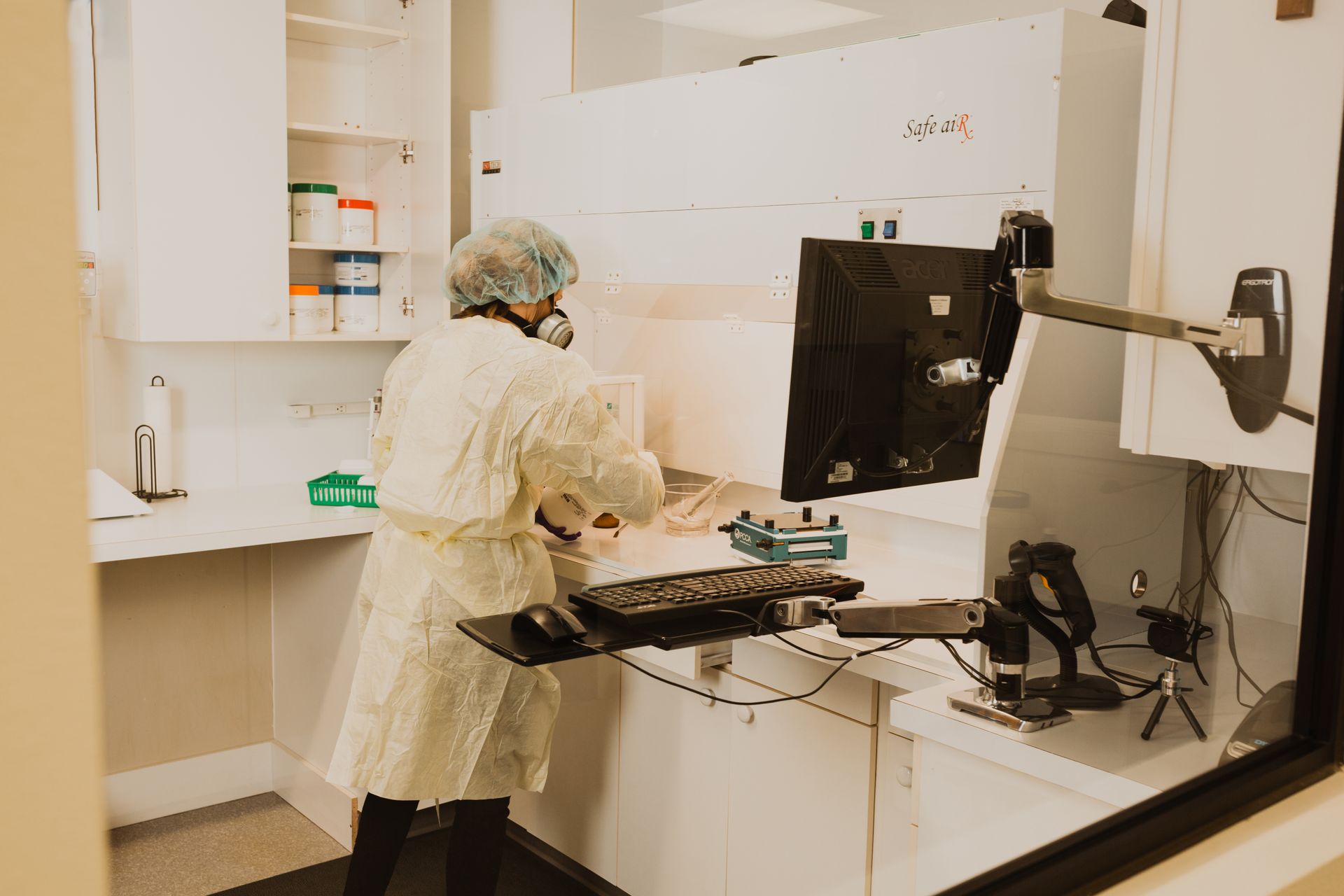


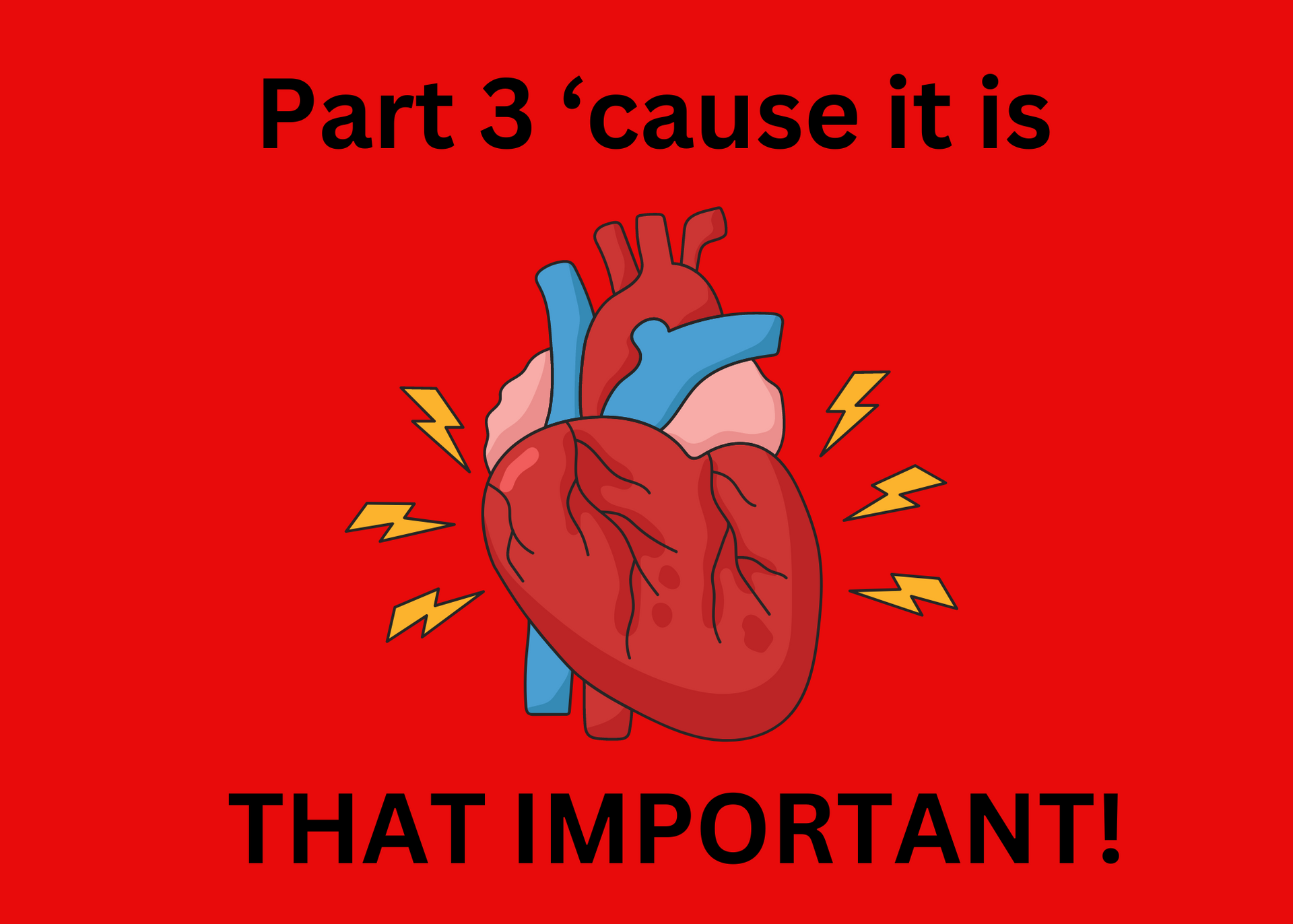
Share On: